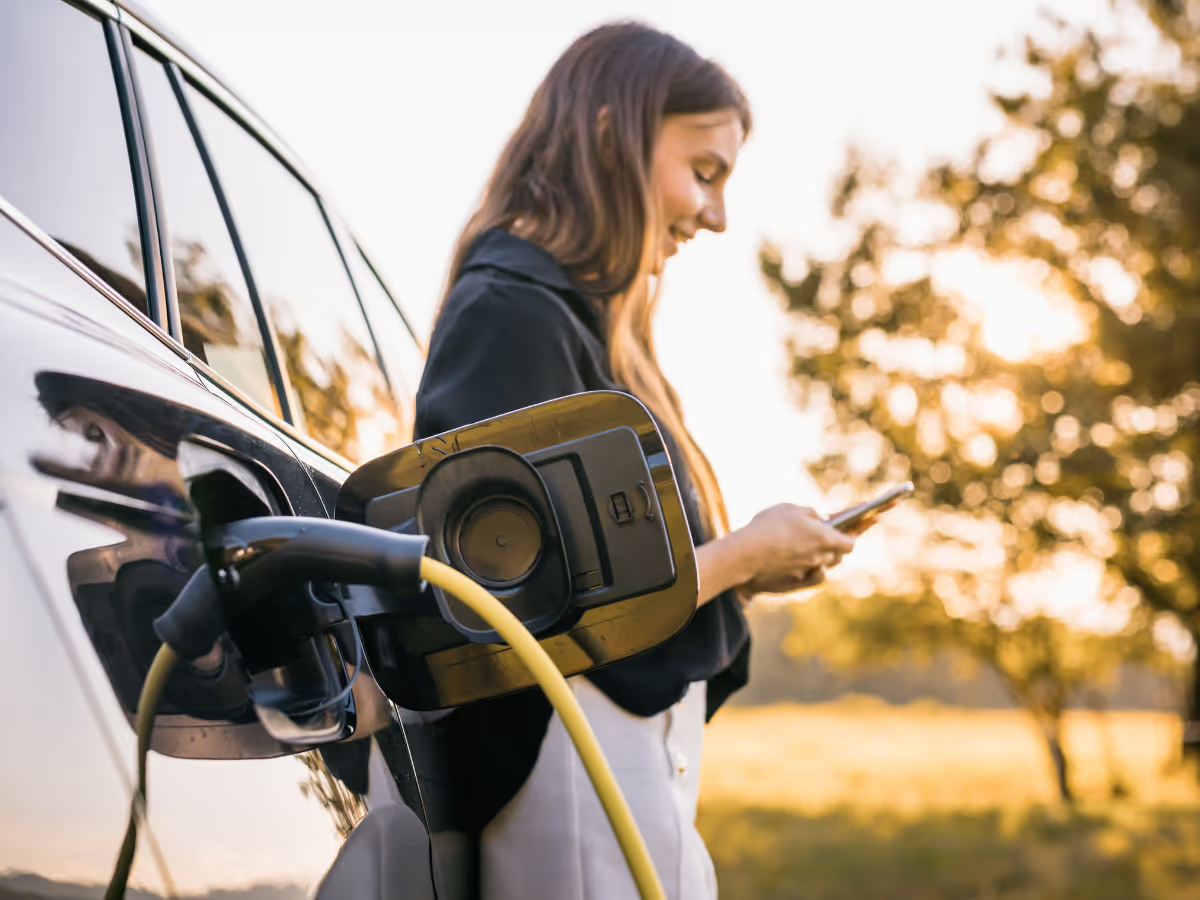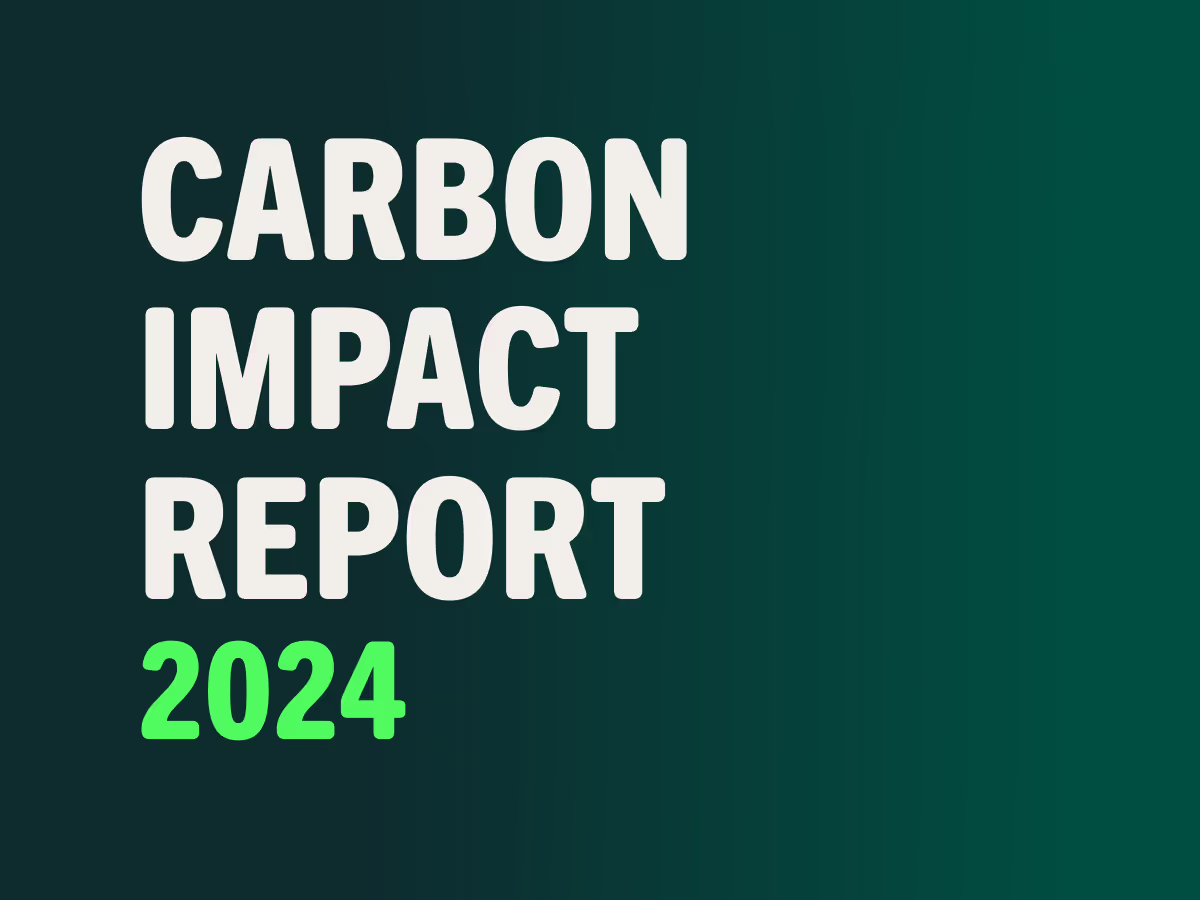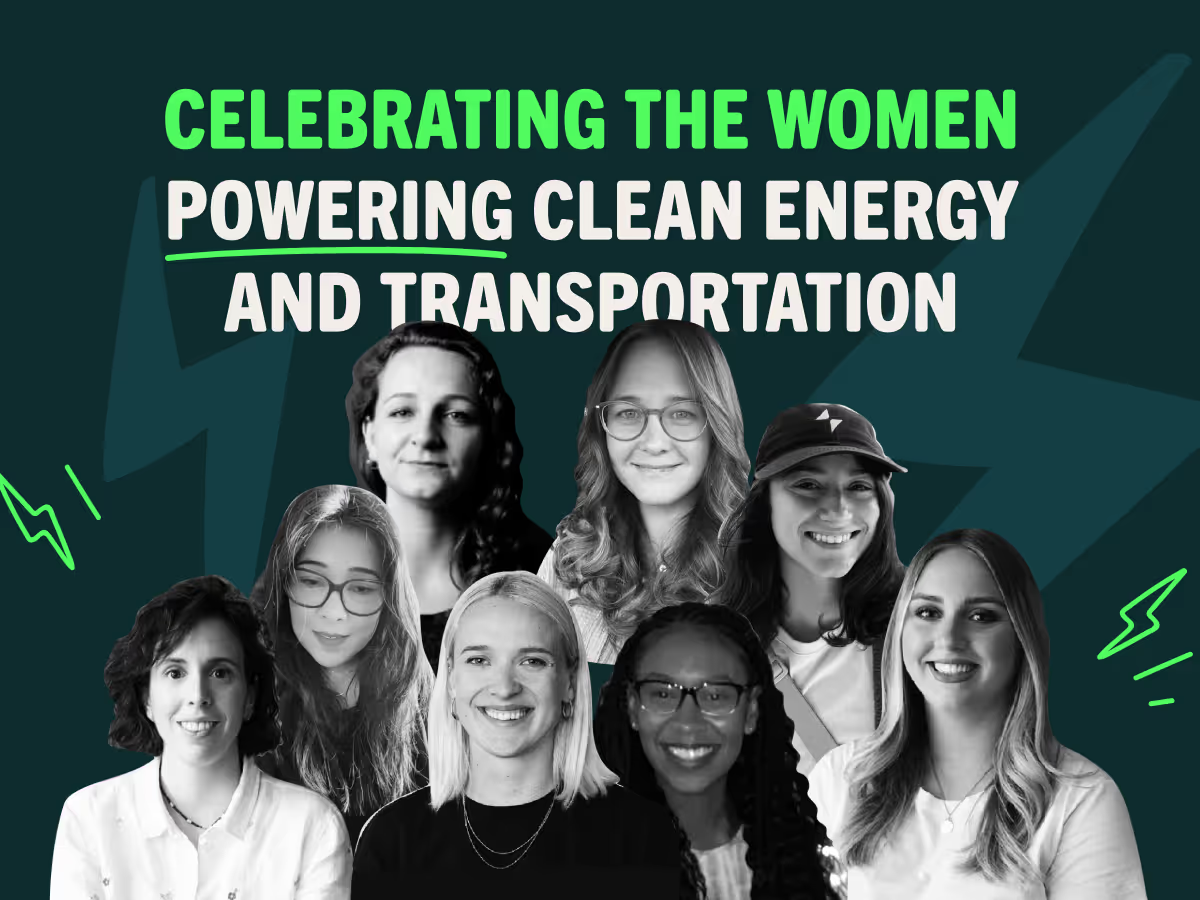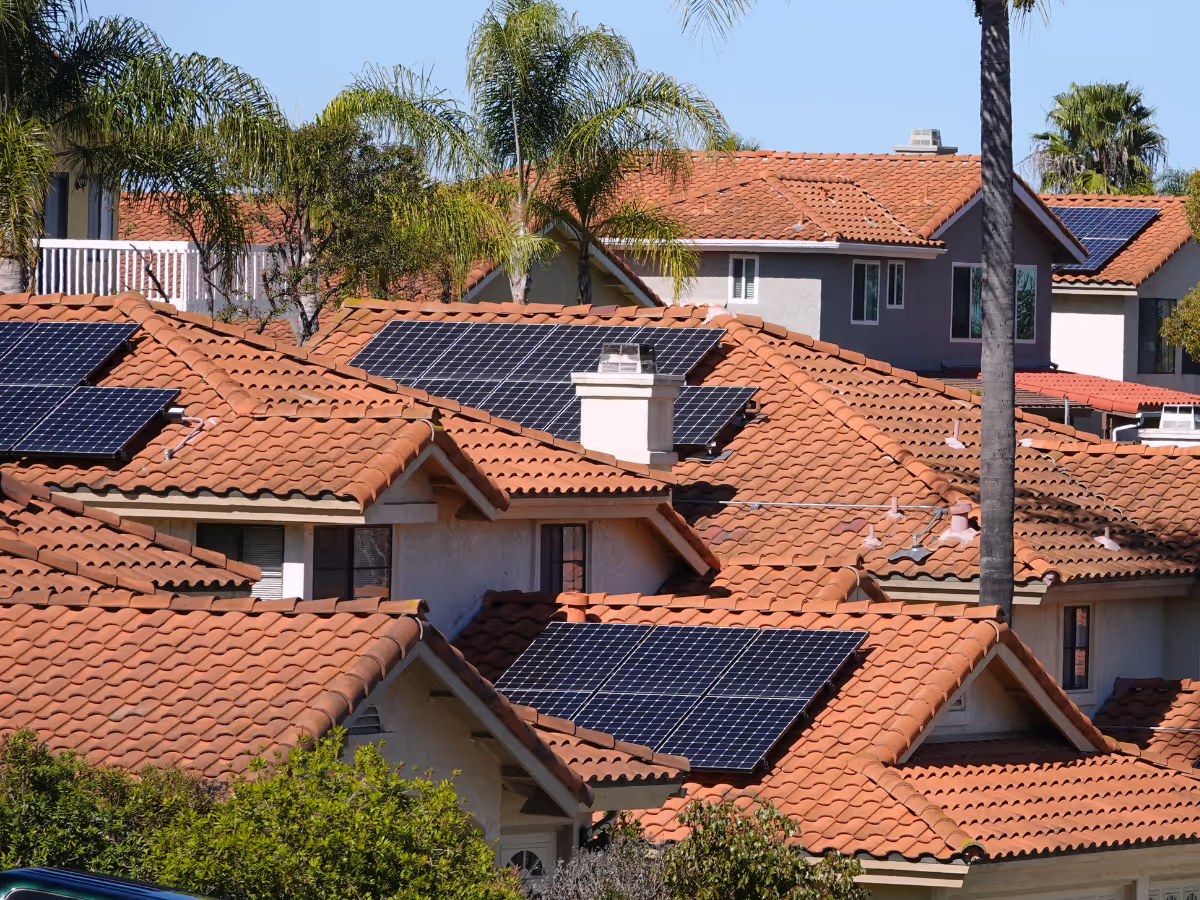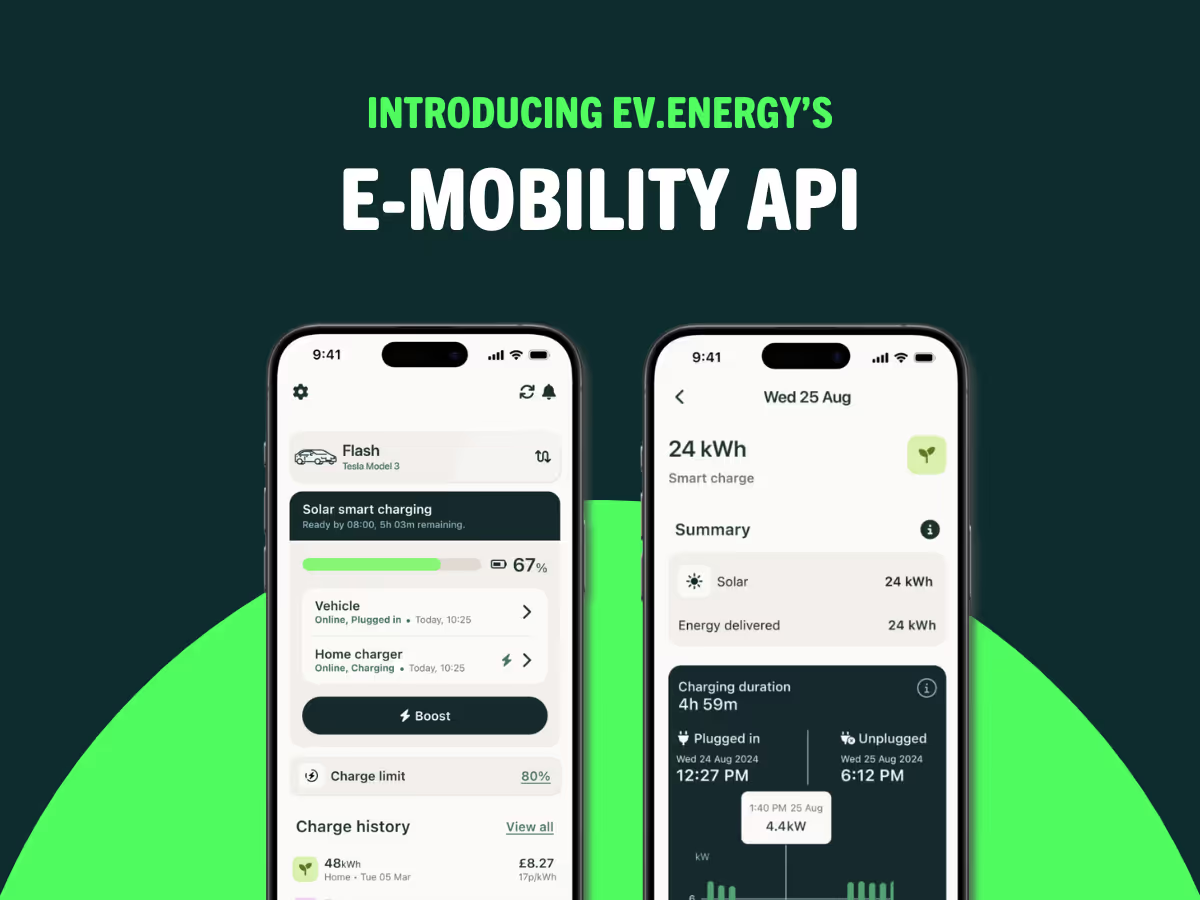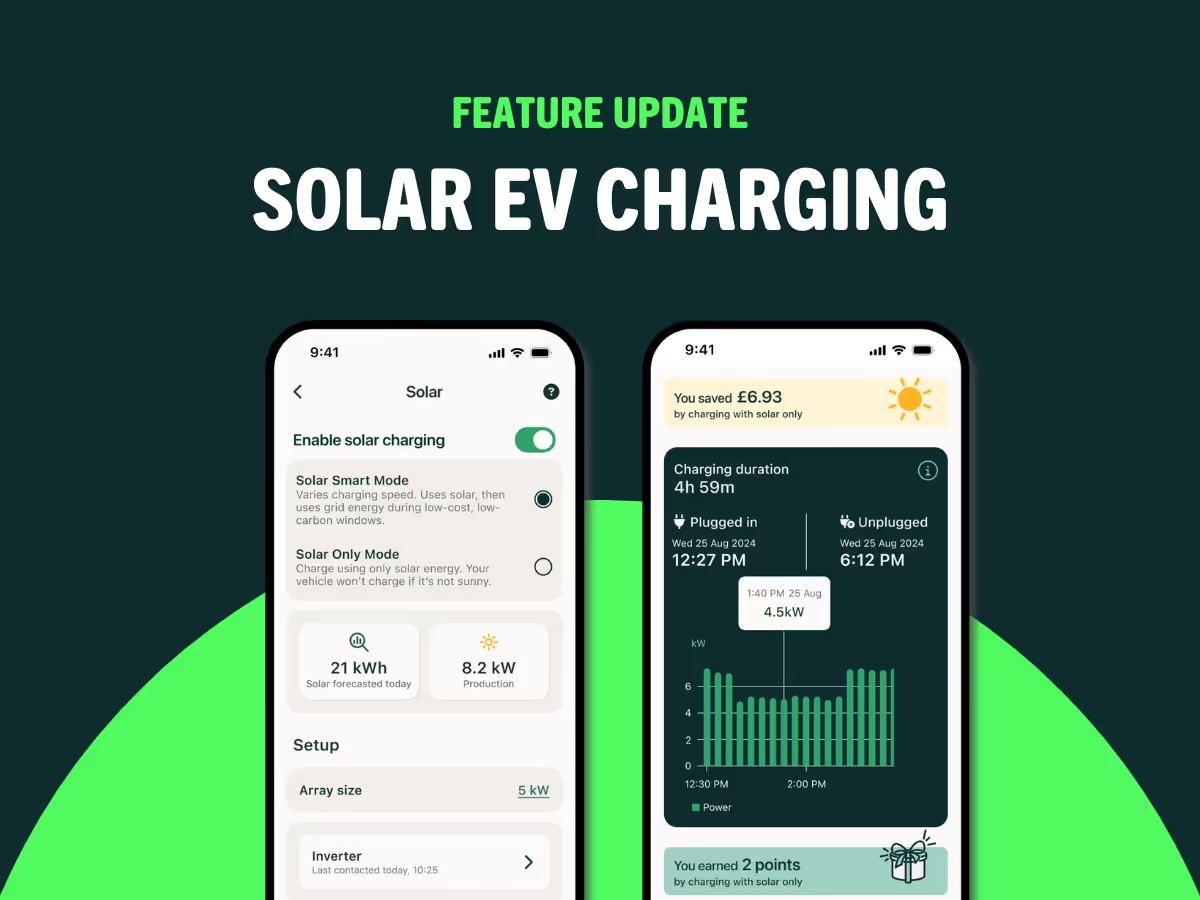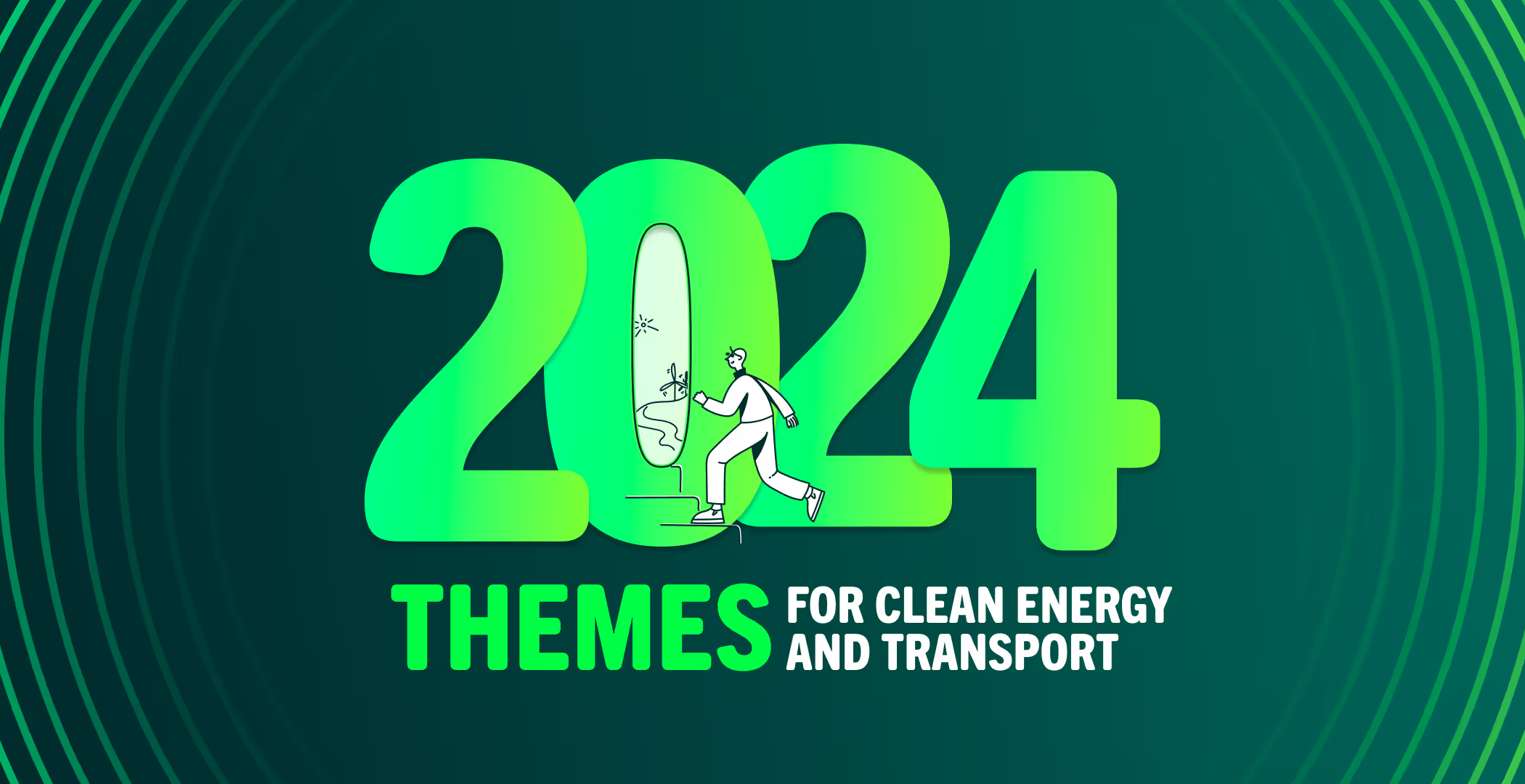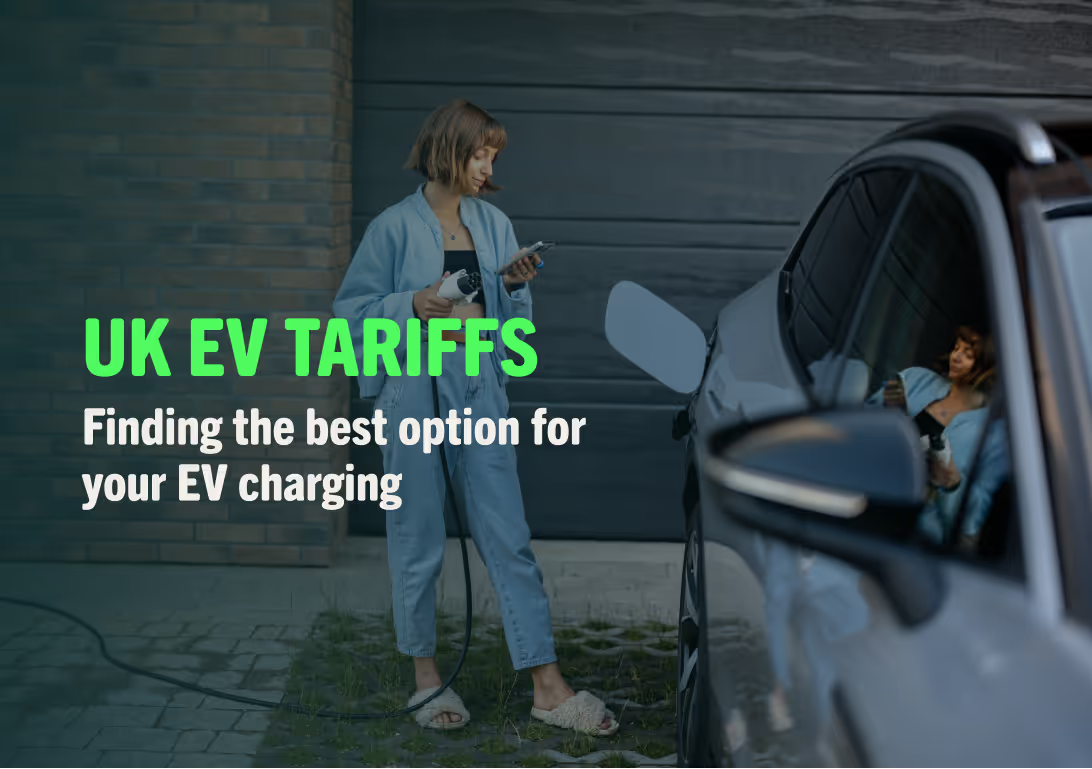Reflections from DistribuTech 2020


This week the ev.energy team was in San Antonio, TX to attend DistribuTech, the largest grid technology conference in the US. Throughout the week, we met with leaders from investor-owned utilities, municipal cooperatives, regulatory bodies, and the tech ecosystem to talk shop about EV charging, EV load management, and consumer behaviors. On the final day of the conference, ev.energy’s CTO Chris Darby and Head of Strategy Joseph Vellone hosted a breakfast roundtable on EV rates, tariffs and incentives. We were impressed by the level of innovation taking place across the US to prepare the power grid and distribution networks for a surge in EV adoption in the coming years, and across our meetings a number of common themes emerged:
Utilities prefer non-wires alternatives to manage EV loads
Utilities (and their regulators) are actively searching for solutions that will accommodate the additional demands that EVs place on the grid without having to rip up the streets and install expensive sub-stations. There is a strong business case for non-wires alternatives, or solutions that intelligently manage EV loads but don’t have a high capital cost — and utilities are actively exploring these. From managed charging via a cloud-based platform to sophisticated chargers that can synchronize loads, US utilities are piloting a range of solutions with the aim of discovering which one delivers the desired result at the lowest cost.
Utilities are still figuring out what kinds of rates and incentives will reliably deliver managed charging
Utilities and regulators understand that in order to drive consumer adoption of managed charging behaviors, EV owners need to be rewarded. The truth is that no one has figured out how best to reward EV owners, and the incentives needed to deliver consistent managed charging likely vary by customer segment. As a result, utilities are still experimenting with the right type and level of incentive, from a simple time-of-use tariff, to type-of-use tariffs that offer free or unlimited miles to customers who smart-charge, to cash rebates off their monthly energy bills.
Local communities are taking action to secure a zero-carbon future
Despite the federal government’s lack of ambitious emissions targets, US states, cities and communities are forging ahead to secure a zero-carbon future, with many of them aiming for net-zero emissions by 2050. For example, Omaha’s Public Power District has committed to achieving net zero emissions by 2050, while the city of Tallahassee has committed to 100% renewable energy by 2050, with 100% electric transport by 2035. In California, communities are banding together to form Community Choice Aggregators (CCAs), which source their power from renewable generation rather than investor-owned utilities’ mix of nuclear, gas, and hydro. Because CCAs are community-owned, they are constantly seeking new ways to save money for their customers while protecting their local environment, offering a range of innovative products from zero-carbon EV charging programs to rooftop solar systems that charge EVs using self-produced solar power.
The US is a large, complex and unique power market, and ev.energy is excited to partner with a range of investor-owned utilities, grid operators and energy cooperatives to help Americans transition to zero-carbon transport.
